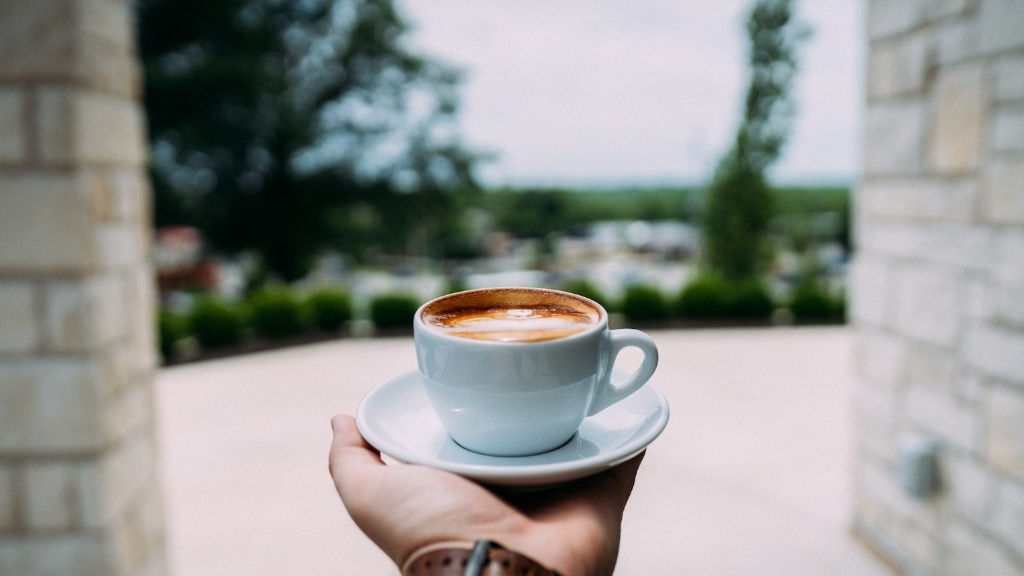Caffeine Levels
Caffeine is the major active ingredient in both coffee and energy drinks, but each contains different quantities of the stimulant. The U.S. Food and Drug Administration (FDA) states that eight ounces of coffee contains 95–200 milligrams of caffeine, while an average energy drink contains around 80 milligrams in the same amount of liquid. As per Dr. Steven Schneider, a medical adviser to the American Council on Science and Health (ACSH), the amount of caffeine can vary by product, and so consumers need to do their research before choosing which one is better for them.
Added Ingredients
Energy drinks typically contain additional ingredients such as vitamins, taurine, guarana, and various forms of sugar. These are added to give a feeling of increased energy, although many of the claims have not been proven by scientific research. Coffee does not typically contain these added ingredients, so people can be aware of exactly what they are consuming. Caffeine itself is considered safe in moderate quantities and providing people don’t have existing conditions or take any supplements or medications containing caffeine, they are likely to be able to enjoy either coffee or energy drinks in moderation.
Health Benefits
Studies have found that drinking coffee in moderation is associated with a lower risk of diabetes and heart disease, while consuming a couple of cups per day has been linked to a reduced risk of certain cancers. Despite this, people should be careful not to add ingredients to their coffee, such as heavy cream or sugar, which can add extra calories and fat, and increase the risk of certain health conditions.
In contrast to coffee, energy drinks have very few documented health benefits, as many of the ingredients added to energy drinks are not proven to provide any benefit. Too much caffeine from energy drinks or other sources such as supplements, can cause adverse reactions and cause problems like hypertension and raised heart rate.
Coffee or Energy Drinks?
When considering which is better for you, coffee or energy drinks, it’s important to consider how each affects you. For example, some people are more sensitive to caffeine, and so should opt for decaffeinated coffee, or monitor their intake of energy drinks. Others may be more tolerant to caffeine and may be able to consume moderate amounts of coffee or energy drinks without ill effects.
Overall, coffee is likely the better option as it contains less caffeine and doesn’t typically contain ingredients that can be less than beneficial for your health. On the other hand, energy drinks can be beneficial in certain situations, for example if you need an energy boost prior to exercise or have an early start and need to be alert.
Coffee Alternatives
If you want to avoid the caffeine in both coffee and energy drinks, there are some alternatives. Herbal teas are a good option as they are not traditionally caffeinated, so they can provide a calming, soothing drink that can help you relax. Some herbal teas such as green tea contain antioxidants, and can provide many health benefits.
Furthermore, many people enjoy drinking warm or cold water with or without added fruit or herbs, making it a great alternative to coffee or energy drinks. The main benefit of water is that it is naturally calorie and sugar-free, making it a suitable choice for weight-watchers or anyone trying to reduce the amount of added sugar in their diet.
Coffee Replacement Drinks
Coffee can be quite high in caffeine, so consuming coffee replacement drinks can be beneficial if you want to reduce your caffeine intake. Coffee replacements are usually made with ingredients such as chicory, dandelion, grain and barley and roasted herbs, which provides a tasty
drink without the high caffeine levels of coffee.
In addition to containing fewer stimulants than coffee, some coffee replacement drinks are fortified with vitamins and minerals, making them a good addition to a balanced diet. Additionally, they can be enjoyed hot or cold, so they can make an ideal alternative to coffee during the summer months.
Decaffeinated Drinks
Decaffeinated versions of coffee and energy drinks are also available, making them a suitable option for anyone who is sensitive to caffeine. Decaffeinated coffee contains around one to four milligrams per eight-ounce cup, while some energy drinks contain around five milligrams of caffeine per eight-ounce serving.
Coffee contains more antioxidants than energy drinks, and can still provide the same taste and aroma if decaffeinated properly. Alternatively, if you prefer the energy boost without the extra caffeine, an energy drink in its decaffeinated form might be a better option for you.
Safer Alternatives
Although caffeine can have some benefits, particularly for those looking for increased alertness and energy, too much of it can have adverse effects. If you’re looking for an alternative to coffee and energy drinks, safer alternatives such as tea, herbal beverages and water are available. These can provide energy without the risk of overconsumption of caffeine, as well as additional benefits such as antioxidants.
Our Conclusion
When deciding between coffee or energy drinks, it’s important to do your research to find out which one is right for you. There are some potential benefits to consuming either coffee or energy drinks in moderation, however too much can cause adverse effects and should be avoided. Consider replacing coffee with a decaffeinated version or a beverage such as herbal tea if you want the same taste and aroma, but with less stimulants.


